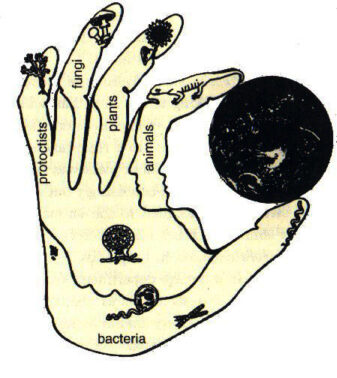Biofriction: partners meeting

From 28 to 30 October Hangar hosts the first meeting of the European project Biofriction with partners Zavod Kersnikova, Bioart Society and Cultivamos Cultura.
Biofriction is a project led by Hangar and directed by researcher Laura Benítez Valero committed to the practices of Bioart and Biohacking as promoters of change in the relationships between art, science, technologies and society.
The generation of these hybrid contexts favouring the collaboration of artists and scientists have provided a new conceptual and practical framework for artistic research, have let to paradigm shifts affecting other areas of knowledge/cultural areas but have also highlighted recurrent barriers and sector silos which jeopardise effective collaboration among these two communities.
Having the potential and the needs of this new area of knowledge in mind, Biofriction project, from the 1st of October 2019 to the 30th of September 2021, will focus on the intersection between art, science and technologies with the objective to:
– Address the need for common tools and approaches in the intersection between bioart, biohacking and biotechnologies, in order to generate hybrid spaces for artists, curators and social agents.
– Stimulate transnational cooperation between artists and scientists, building bridges of communication between the different areas of technical, scientific, social, artistic and transcultural knowledge, in a hybrid framework of cultural production through an international programme encompassing workshops, residences, summer lab and exhibitions.
– Explore transhackfeminist approach and perspective as an innovative methodology to simulate artistic research, cultural transformations and transnational production in the domain of bioart and biohacking.
– Promote transnational mobility of artists, experts and international circulation of works making bioart and biohacking accessible to anyone by means of residencies, exhibitions, talks and workshops programs.
– Collect learning experiences elaborating codes of good practices in the domain of transdiciplinary practices, in order to replicate them beyond this partnership.
With the support of:
Image: Lynn Margulis
Categories: Research and transfer of knowledges activities |

